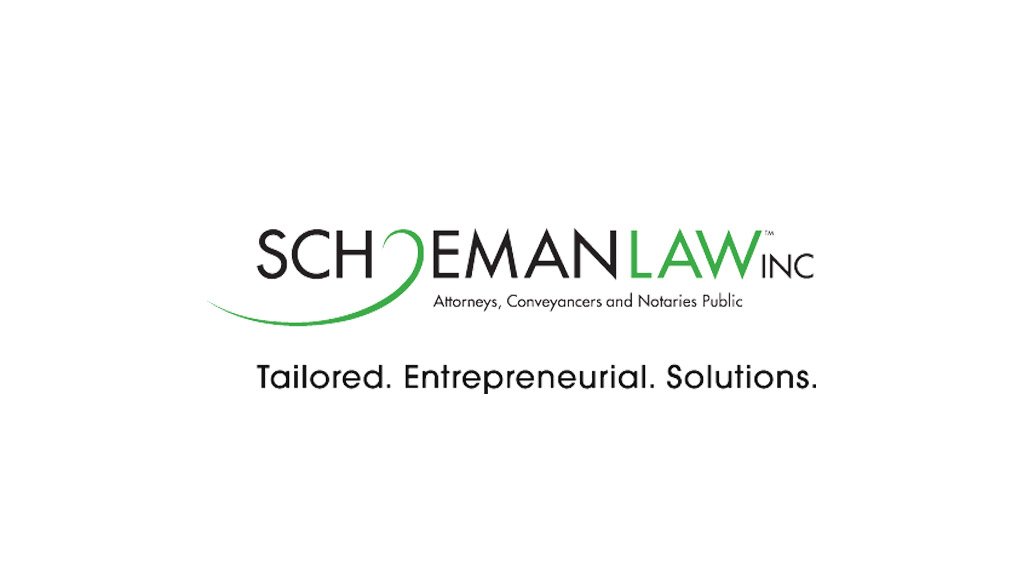Litigation can be a powerful tool for businesses to enforce their rights or defend against unwarranted claims. However, it also involves significant financial, reputational, and operational costs. Understanding when to proceed to court and when to settle is a critical decision that requires careful consideration of legal, strategic, and practical factors. This article explores the key considerations that businesses should weigh when deciding between litigation and settlement, supported by applicable law and real-world examples.
The Financial Cost of Litigation
One of the most immediate concerns for businesses is the financial cost of litigation. Legal fees, court costs, and the expenses associated with expert witnesses can quickly escalate.
Under the "loser pays" rule, often codified in procedural laws such as Rule 70 of the Uniform Rules of Court1, the unsuccessful party may be ordered to pay the legal costs of the other party. While this can act as a deterrent against frivolous claims, it also underscores the financial risk of litigation.
Reputation and Public Perception
Litigation is a public process, with proceedings and outcomes accessible to the public and media. Businesses must consider the potential impact on their reputation and relationships.
Precedent: Legal and Strategic Considerations
The outcome of a court case can create a precedent that impacts future disputes. Businesses need to assess whether they want to establish or avoid a precedent.
Conversely, pursuing litigation to secure a favourable judgment can dissuade future claims. This approach, however, is most effective when the likelihood of success is high, and the legal principles are clear.
Operational Disruptions
Litigation requires time, resources, and personnel that could otherwise be directed toward business operations. Key employees may need to testify or provide evidence, disrupting workflows and productivity.
Alternative dispute resolution (ADR) methods, such as mediation or arbitration, often provide a faster and less disruptive means of resolving disputes. These methods are recognized under statutes like the Arbitration Act of 19652, which promotes the enforceability of arbitration agreements and awards.
Settlement: A Pragmatic Approach
Settlement offers a controlled resolution that minimizes uncertainty. When structured carefully, settlement agreements can include confidentiality clauses and terms that protect the interests of both parties.
Before agreeing to a settlement, businesses should:
- Evaluate the merits of the case.
- Consider the costs of continued litigation versus the settlement amount.
- Seek advice on enforceability, ensuring that settlement terms are legally binding.
Conclusion
The decision to litigate or settle is complex and requires a thorough evaluation of the costs, risks, and potential benefits. While litigation may be necessary to defend principles or establish a precedent, settlement often provides a pragmatic and efficient resolution. Businesses should consult experienced legal counsel to assess their specific circumstances and develop a strategy that aligns with their objectives.
Call to Action: If your business is facing litigation or considering settlement options, contact Schoeman Law Incorporated for expert guidance. Our team specializes in crafting tailored legal strategies to protect your interests and achieve optimal outcomes.
Written by Anastacia Willemse, Candidate Attorney, SchoemanLaw Inc
EMAIL THIS ARTICLE SAVE THIS ARTICLE ARTICLE ENQUIRY FEEDBACK
To subscribe email subscriptions@creamermedia.co.za or click here
To advertise email advertising@creamermedia.co.za or click here











